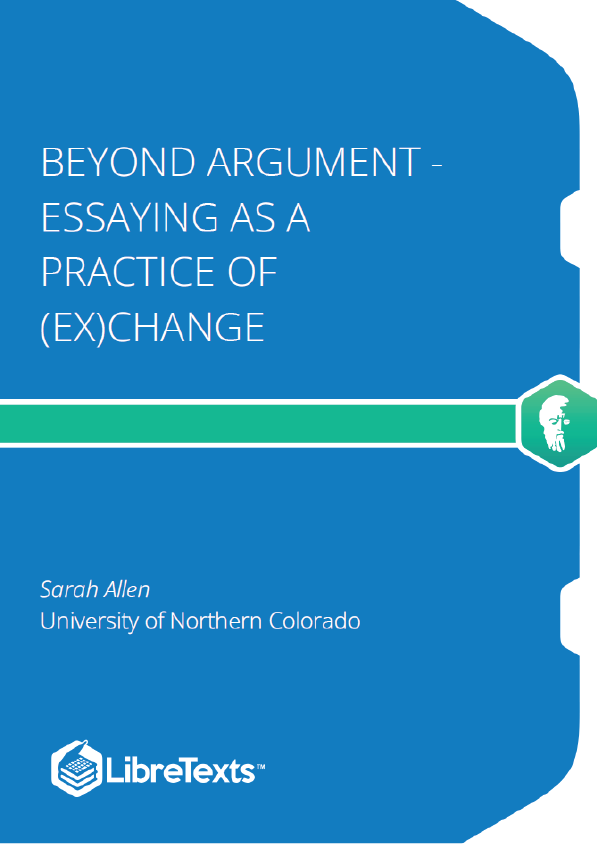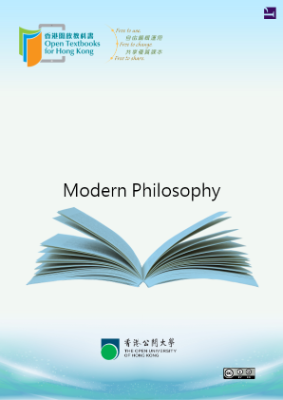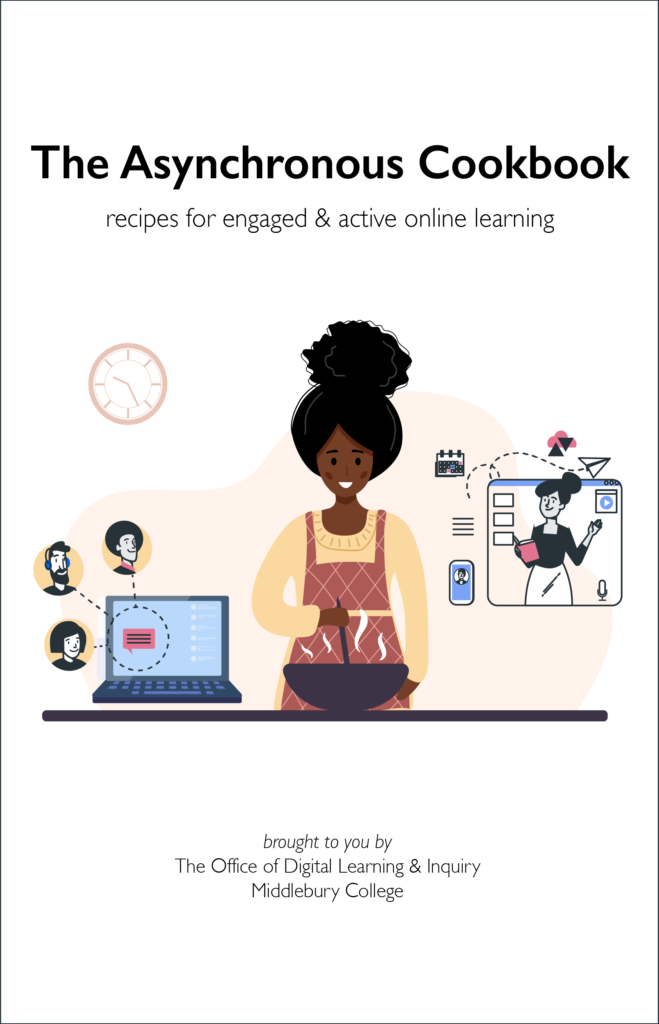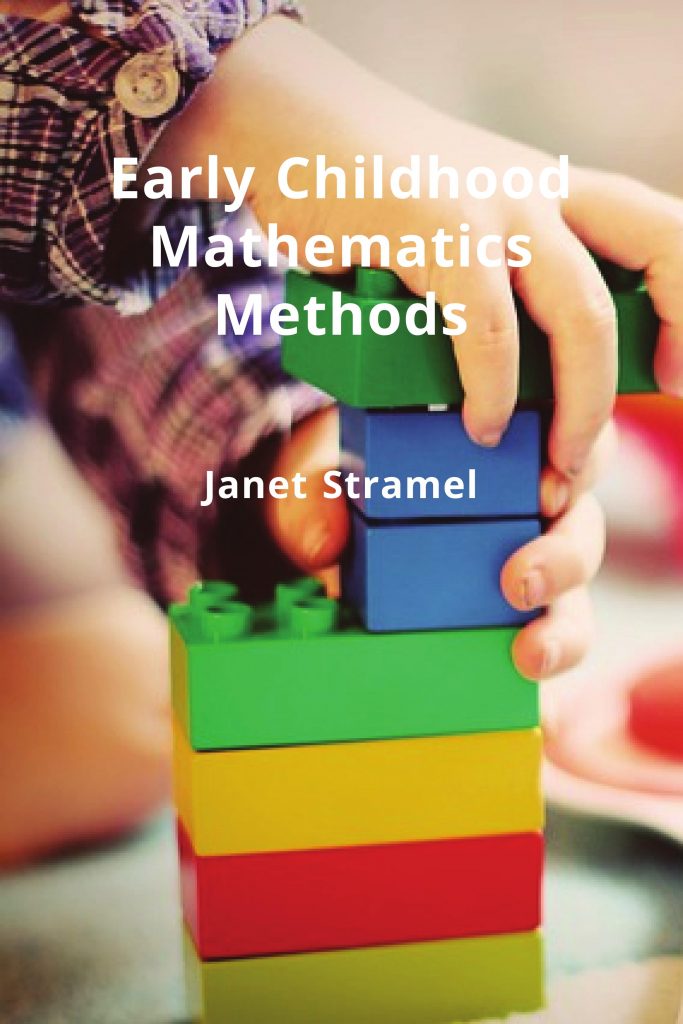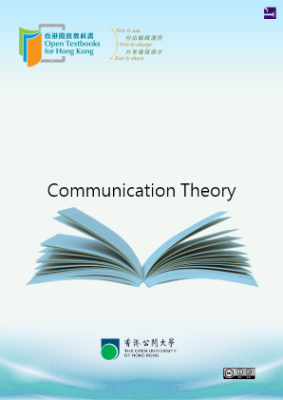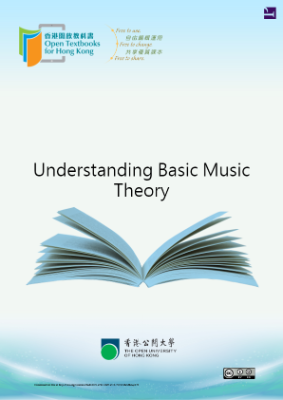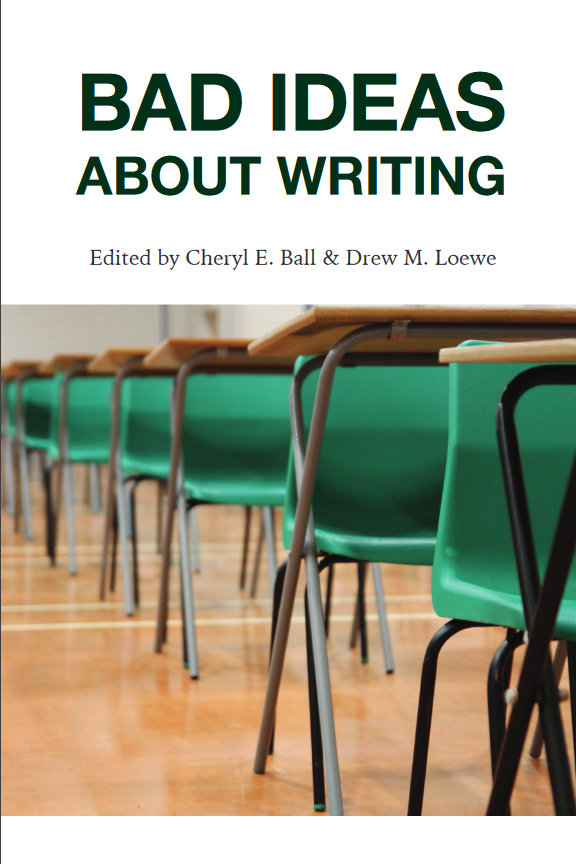Introduction
It is no secret that the academy has become obsessed with argument, nor is it a secret that other forms of writing have been demoted to “preparatory” work—their unique strengths diminished in the face of the rigors of argument. We college writing teachers and administrators, in particular, have become so focused on argument that we have neglected or at least devalued other exercises. In most college writing curriculum, for example, any exploration is reserved almost exclusively for the preparatory work our students do (e.g., in freewriting, journaling, and class discussion) before completing the more important work of constructing an argument. Even when we talk about Writing Across the Curriculum or Writing in the Disciplines, where there are so many other options for the kinds of writing that could be valued, we writing teachers, scholars, and administrators wave the banner of “everything’s an argument.” This obsession with argument becomes especially problematic when examined in relation to the uses and conceptions of argument at work in forums outside of the academy.
The forms of argument that the American public typically witnesses (e.g., playing out in political arenas and in social media forums) tend to polarize participants by trapping them in a position. Perhaps, in part, this trapping happens because there is simply not enough time in these forums to fully develop a more complex or reflective position, much less to shift a position. I’m thinking of the 2008 presidential debates and of the blog posts tacked onto almost any online newspaper article that deals in a contentious topic. Time, however, cannot be the only contributing feature in this trapping. Americans’ use of argument as an aggressive and competitive mode of engagement is an immeasurable factor.
Today, instead of negotiation and compromise, there are talks of secessions and the creation of new states. Both liberals and conservatives are accused of being compulsively loyal to their respective parties, of lacking critical thinking skills about “the issues.” We are so divided and intractable that our government shut down in a stand-off that had reverberating, negative effects on our political and economic lives. Unsurprisingly, there is talk about the U.S. people being “ungovernable,” due to our inability to negotiate and our competitive positioning. Surprisingly, though, I’ve seen the same kind of polarization happen among academics —the people who are supposed to be experts at productive argument (by which I think most of us mean or hope for something more like debate). Think of the ways in which we’ve inherited the famous Elbow-Bartholomae exchange in College Composition and Communication in the early 90s, for example, or of the latest conflict about writing curriculum that erupted in your department meetings.
Of course, argument is supposed to be rendered more carefully in academically-informed spaces: participants are not supposed to ignore opposing perspectives, resort to ad hominem attacks, rely on faulty logic, or use bullying tactics. We (academics) profess that we want rational arguments—arguments that are forwarded through reason, that are constituted in rational exchange and grounded in goodwill. However, they often are not, which is really no surprise, given that, as human beings, there is often so much more at stake in any argument than its rational validity.
